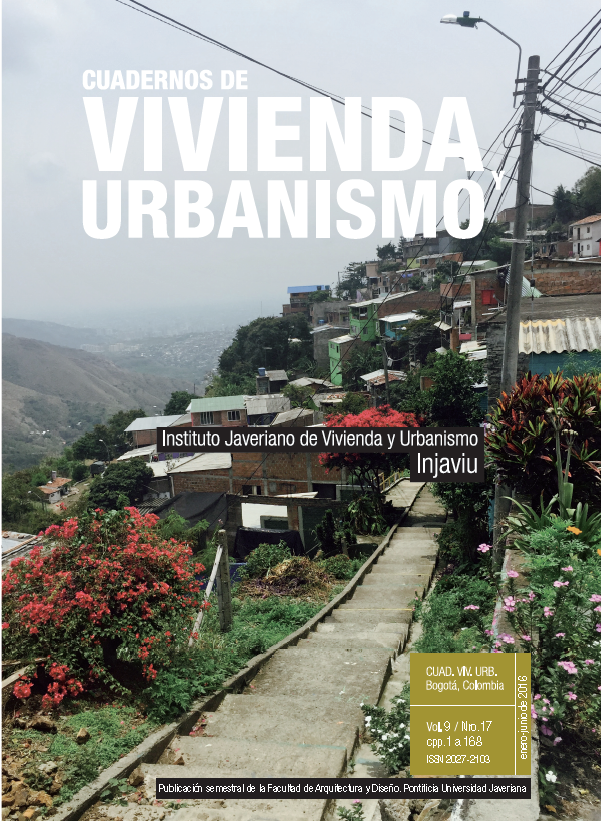Resumen
Los años de la posguerra en Italia y España, condiciones económico-sociales parecidas y el clima cultural caracterizado por el fenómeno cinematográfico del neorrealismo constituyen el trasfondo de este trabajo de investigación, cuyo punto de partida es el análisis comparativo de las políticas habitacionales públicas en los dos países a finales de la década del cuarenta y principio de la del cincuenta. Las similitudes encontradas, como el desequilibrio entre lo público y lo privado o el favorecimiento a la clase media en el desarrollo de los programas de subvención de vivienda, contribuyen a aclarar la génesis de algunos problemas que todavía son más relevantes respecto al resto de Europa: la falta crónica de vivienda social para los sectores de las poblaciones más desfavorecidas y el descontrol en la gestión urbanística del territorio.
Esta revista científica se encuentra registrada bajo la licencia Creative Commons Reconocimiento 4.0 Internacional. Por lo tanto, esta obra se puede reproducir, distribuir y comunicar públicamente en formato digital, siempre que se reconozca el nombre de los autores y a la Pontificia Universidad Javeriana. Se permite citar, adaptar, transformar, autoarchivar, republicar y crear a partir del material, para cualquier finalidad (incluso comercial), siempre que se reconozca adecuadamente la autoría, se proporcione un enlace a la obra original y se indique si se han realizado cambios. La Pontificia Universidad Javeriana no retiene los derechos sobre las obras publicadas y los contenidos son responsabilidad exclusiva de los autores, quienes conservan sus derechos morales, intelectuales, de privacidad y publicidad.
El aval sobre la intervención de la obra (revisión, corrección de estilo, traducción, diagramación) y su posterior divulgación se otorga mediante una licencia de uso y no a través de una cesión de derechos, lo que representa que la revista y la Pontificia Universidad Javeriana se eximen de cualquier responsabilidad que se pueda derivar de una mala práctica ética por parte de los autores. En consecuencia de la protección brindada por la licencia de uso, la revista no se encuentra en la obligación de publicar retractaciones o modificar la información ya publicada, a no ser que la errata surja del proceso de gestión editorial. La publicación de contenidos en esta revista no representa regalías para los contribuyentes.


